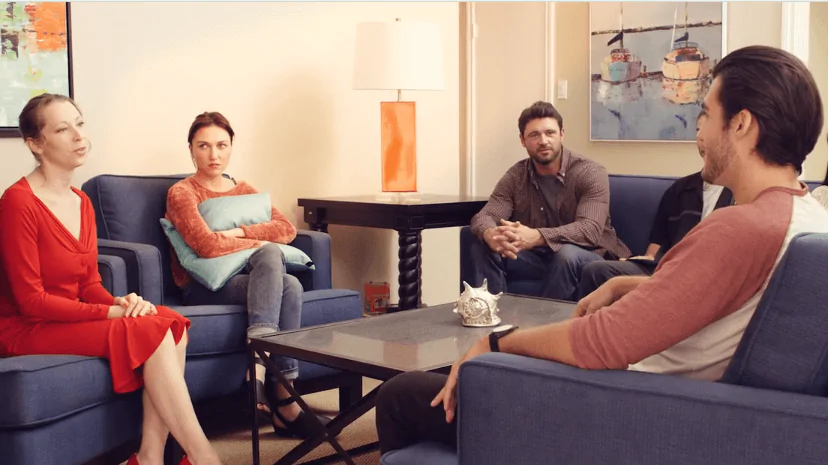24/7 Helpline:
(866) 899-111424/7 Helpline:
(866) 899-1114
Learn more about Outpatient Rehab centers in Lula
Outpatient Rehab in Other Cities

Other Insurance Options

BlueCross

Meritain

CareFirst

Cigna

Health Net

Ceridian

Coventry Health Care

WellCare Health Plans

Optum

Aetna

Highmark

Oxford

Optima

Health Choice

Lucent

Anthem

Kaiser Permanente

Premera

Group Health Incorporated

BHS | Behavioral Health Systems














